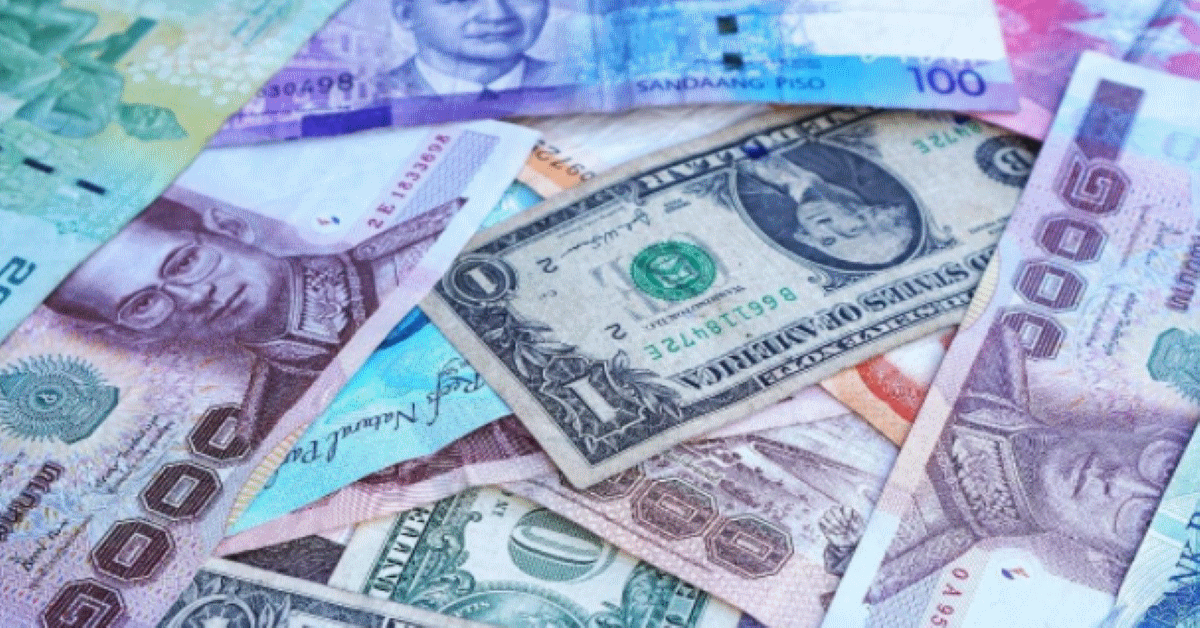The Novel Coronavirus is slowly receding in many parts of the country, despite the sudden occurrence of new variants, and rest of the world as well. Travelling and business plans that took a backseat during last one and a half year, are set to be on the priority lists for several people all around the globe. Foreign currency is something beyond an exchange rate tied to it and involves other dimensions too. In this article we will focus on certain basics related to foreign currency.
FEMA (Foreign Exchange Management Act,1999) was introduced to understand the capital account and current account transactions pertaining to foreign exchange. Individuals and companies require foreign exchange for various purposes. Tourism, education and job-related transactions are specifically defined, and the rules have to be adhered to by individuals and companies while dealing in foreign exchange in India.
How much foreign currency can be retained by a resident Indian citizen?
Retention of foreign exchange up to US$ 2,000 is allowed in the form of foreign currency notes or traveler’s cheques for future use. However, any foreign currency in cash in excess of this amount is required to be surrendered to a bank within 90 days and traveler’s cheques within 180 days of return from abroad. This limit is not just meant to cover American Dollars. Any individual holding British Currency more than this limit must make declarations to the customs authority. Any amount in excess of USD 2000 can be credited to RFC(D) account. Other rules related with this criterion are:
- This amount must have been acquired when the person was outside India. The business/services must have been rendered outside India to obtain this amount.
- If the said amount is received as an honorarium or gift above this limit from another person, then it is allowed to be retained by that individual.
- If the individual receives the foreign currency form a particular organization as an honorarium or gift, the possession of the same is allowed above this limit.
Foreign coins can be retained without any limitations.
Amount of foreign currency that an individual can carry while going outside India-
Although, there is no upper limit on how much foreign currency an individual can take outside India, foreign currency worth USD 5000 or more and foreign currency along with traveler’s cheques worth USD 10,000 or more needs to be declared to the customs authorities by filling up the Currency Declaration Form.
You can avail of foreign exchange up to USD 10,000 in any calendar year for private travel to any country other than Nepal and Bhutan based on self-certification. Any amount of Indian currency can be carried to Nepal and Bhutan but not the notes of denomination of Rs.500 and above.
Buying of foreign exchange up to USD 30,000 or up to the estimate from the institution abroad, whichever is higher, per academic year is allowed for studying abroad based on simple documentary evidence indicating the requirement. Similarly, while you go out of India for employment purposes, you can buy foreign exchange up to USD 5,000 on the production of letter of employment.
Medical treatment is allowed to the extent of USD 50,000 based on self-certification. If a doctor in India or abroad certifies that the requirement shall be more than this amount, the same can be permitted by the banks. For the person who accompanies the patient, buying of foreign exchange up to USD 25,000 for meeting boarding/lodging/travel expenses is permissible.
For emigration purposes, one can buy foreign exchange up to USD 5,000 or amount prescribed by country of emigration based on emigration visa.
Remittance of foreign exchange outside India up to USD 500 can be made without producing any document for miscellaneous expenses. The rupee equivalent, however, must be paid by debiting the account of the remitter, by cheque or demand draft. Gifts/donations can be made up to USD 5000 every year on self-certification.
Foreign exchange can be purchased from any bank authorized to deal in foreign exchange or full-fledged moneychangers. If the rupees equivalent exceeds Rs. 50,000 then the entire payment has to be made by way of a crossed cheque/banker’s cheque/pay order/ demand draft only. The currency needs to be purchased 60 days ahead of the journey date. When the currency remains unused within the period of 60 days, it should be surrendered to a bank/money changer.
How much currency can be brought in?
Foreign currency without any limit can be brought into India subject to a maximum of USD 5000 in cash and/or the cash plus traveler’s cheques exceeding USD 10,000 which needs a declaration to the customs authorities at the airport in the currency declaration form on arrival in India.
Resident Foreign Currency (Domestic) Account-
- A Resident Foreign Currency (Domestic) Account can be opened with a bank in India and foreign exchange earnings can be deposited which are repatriated to India through banking channels. Such earnings need to be earned out of export of goods and/or services, royalty, honorarium.
- RFC(D) account can be used to open/ credit with currency notes, bank notes and traveler’s cheques: saved from the trip outside India, received as honorarium during the trip outside India, received as gift from persons on visit to India and received from a person on a visit to India for services rendered to him in India.
- These accounts do not bear any interest.
- There is no limit on the balances that can be built up in these accounts.
- The balances can be used for any purpose for which foreign exchange can be bought from a bank in India.
Exchange Earner’s Foreign Currency (EEFC) Accounts can be used to retain earnings in foreign exchange up to a specified limit.
